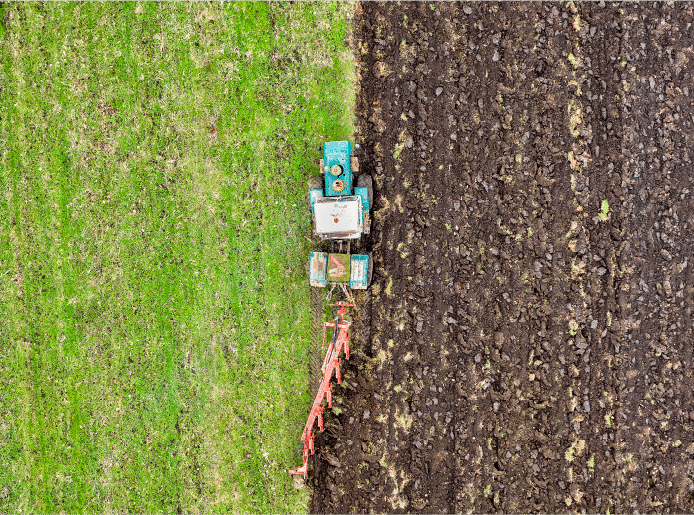Our Impact
CHALLENGES
FACED
FACED
LIMITED
RESOURCES
The resources of this planet are limited, and sustainable food production is the challenge of the upcoming years.


POPULATION
GROWTH
Global population growth and climate change are placing increasing strain on traditional agricultural systems. It is estimated that global food production will need to increase by up to 70% over the next 30 years to feed the world’s growing population.

TRADITIONAL
LIMITATIONS
That increase in production is not sustainable as arable land continues to be depleted and supply chain lengths increase. Vertical farming can therefore offer a sustainable solution for urban areas.

BENEFITS
OF VERTICAL
FARMING
OF VERTICAL
FARMING
LESS IS MORE
FRESH ALL-YEAR
ROUND
Fresh and sustainable harvest in consistent quantities throughout the year regardless of the season.
NO EMPTY
PROMISES
Our traceability process will grant 100% transparency throughout the plant life cycle.
USING LESS RESOURCES TO
GROW FRESHER FOOD
WHY
GROWING
LOCAL
MATTERS
GROWING
LOCAL
MATTERS

LESS
MILES
MILES
Our crops (unlike conventionally grown plants) have not seen much of the world. Due to the local cultivation and the short transport routes, they accumulate less “food miles”.
LESS
WASTE
WASTE
During long-distance transportation up to 30% of food is lost. Shorter supply chains result in less waste.
LESS
POLLUTION
POLLUTION
Traditional long-distance transport uses high energy consumption for food cooling and storage. Short transport routes result in less pollution.

